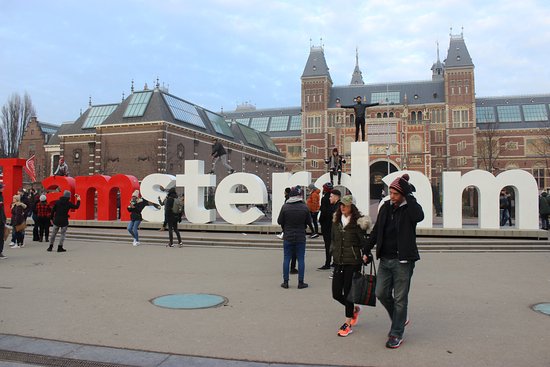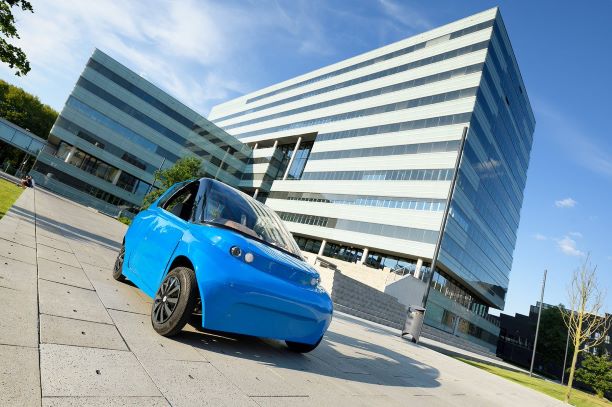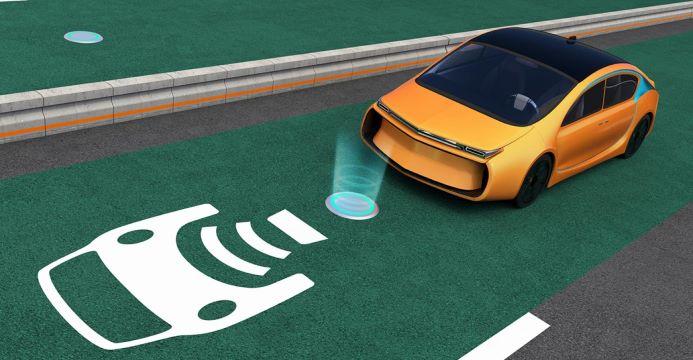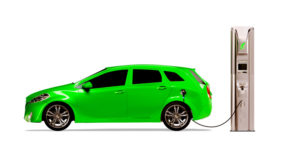Amsterdam To Ban Fossil Fuel Powered Vehicles by 2030
The Netherlands wants to ban Cars and motorbikes running on petrol or diesel from driving in Amsterdam from 2030.
 More reasons to love Amsterdam
More reasons to love Amsterdam
The city of Amsterdam aims to ban all petrol and diesel vehicles from town by 2030 in its new Clean Air Action Plan. The city council will debate the proposal at the end of this month, followed by a six-week deadline for public comments.
The city’s council plans to phase in the change as part of a drive to clean up air pollution, which the authorities blame for shortening the life expectancy of Amsterdam dwellers by a year.
“Pollution often is a silent killer and is one of the greatest health hazards in Amsterdam,” said the councilor responsible for the city’s traffic, Sharon Dijksma, announcing the municipality’s decision.
The Dutch capital wants to implement the new action plan step by step, starting with tightening the rules for the inner-city environmental zone from next year. From 2025 onwards, only zero-emission taxis, scooters, buses, trucks and vans will be allowed to enter the area inside the A10 ring road. From 2030, the plan also includes passenger cars and motorcycles wanting to drive in Amsterdam.
From next year, diesel cars that are 15 years or older will be banned from going within the A10 ring road around the Dutch capital. Public buses and coaches that emit exhaust fumes will no longer enter the city centre from 2022. By 2025, the ban will be extended to pleasure crafts on its waters, mopeds and light mopeds.
All traffic within the built-up area must be emission-free by 2030 under the Clean Air Action plan.
The city plans to encourage its residents to switch to electric and hydrogen cars by offering charging stations to every buyer of such a vehicle. It is hoped that the second-hand electric car market will blossom in the coming years. There will need to be 16,000 to 23,000 charging stations by 2025 to make the project viable – up from the current 3,000 in the city.
Similar initiatives like the Clean Air programme in Amsterdam are underway in cities such as Paris and London or Madrid. Sweden, however, has decided to ban the sales of fossil-fuel powered vehicles nationwide from 2030. Norway aimed even higher, with no new cars with combustion engines to be on the market in 2025 and also Denmark has drawn up corresponding plans for the year 2030.
Readers will note that actions like these taken by large cities, inevitably have a massive impact, thanks to the share of market the cities enjoy. Consider the NCR region in India, which accounts for over 12% of the national market. Any major regulatory change here will have a nationwide impact. Again, using the California example from the US, where strong action by this one state has forced massive changes in the energy and auto sector.









